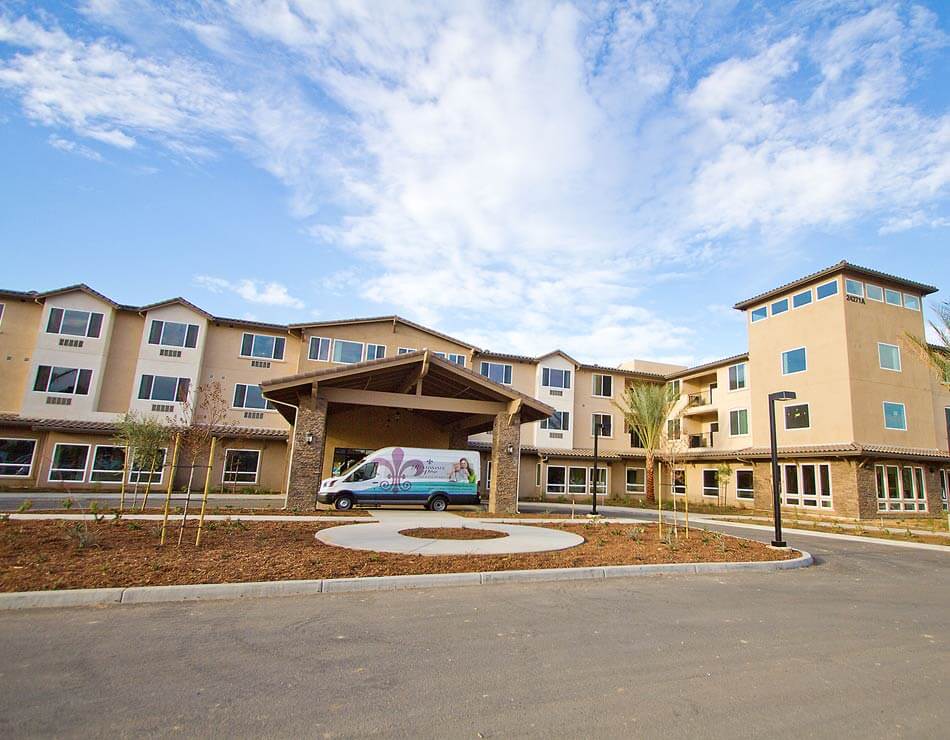
As loved ones age, families often face important decisions regarding their care and well-being, especially when dealing with conditions like Dementia or Alzheimer’s disease. One of the most challenging choices can be deciding when to transition from assisted living to memory care. At Renaissance Villages, we understand the complexities involved in this decision-making process and aim to provide families with the guidance they need.
Understanding Assisted Living vs. Memory Care
First, let’s differentiate between assisted living and memory care. Assisted living communities are designed to support seniors with daily activities such as bathing, dressing, medication management, and meal preparation, while still allowing them to maintain a level of independence. Memory care, on the other hand, provides specialized support for individuals with Alzheimer’s disease, Dementia, or other memory-related conditions. These facilities offer a secure environment with structured routines and activities tailored to the unique needs of residents with cognitive impairment.
Signs It’s Time to Consider Memory Care
- Increased Cognitive Decline: One of the primary indicators that a transition may be necessary is a noticeable decline in cognitive function. This could manifest as memory loss, confusion, disorientation, or difficulty completing routine tasks. If your loved one’s condition has progressed to a point where they require more specialized care and supervision, memory care may be the next step.
- Safety Concerns: As dementia or Alzheimer’s progresses, individuals may become prone to wandering, forget to turn off appliances, or neglect personal hygiene. These behaviors can pose serious safety risks. Memory care communities are equipped with secure environments and trained staff to prevent accidents and provide 24/7 supervision.
- Increased Care Needs: When the level of care required surpasses what assisted living can provide, it may be time to consider memory care. This could involve needing assistance with medication management, behavioral issues, or more intensive support with activities of daily living.
- Social Withdrawal: Seniors with Dementia or Alzheimer’s may become increasingly isolated and withdrawn as their condition worsens. In memory care settings, residents benefit from structured social activities and interactions designed to stimulate cognitive function and improve quality of life.
- Caregiver Burnout: Family caregivers often face immense stress and exhaustion when caring for a loved one with memory care needs. If you find yourself struggling to meet your loved one’s needs or experiencing declining physical or emotional health, it may be time to explore memory care options.
Navigating the Transition
Navigating the transition from assisted living to a memory care facility requires careful consideration and planning to ensure the well-being and comfort of your loved one. First and foremost, maintain open communication throughout the process by involving them in discussions about their care preferences and taking their opinions into account. Seek guidance from healthcare professionals, social workers, or geriatric care managers who specialize in Dementia or Alzheimer’s care to gain valuable insights and assistance in identifying suitable memory care options. Visit different memory care facilities in person to assess their environment, programs, and staff qualifications, ensuring they align with your loved one’s needs. Additionally, plan ahead by researching and preparing for the transition well in advance, which can help ease the process and minimize stress for both your loved one and your family.
Memory Care at Renaissance Villages

At Renaissance Villages, we prioritize the dignity, safety, and well-being of our residents. Our memory care program is designed to promote independence, engagement, and quality of life for individuals with cognitive impairments. We offer personalized care plans, innovative therapies, and compassionate staff to support residents and their families every step of the way.
Remember, every individual’s journey with dementia is unique. While transitioning to memory care can be a difficult decision, it often leads to improved quality of life for both the person affected by Dementia or Alzheimer’s and their family members. If you’re considering this transition for your loved one, we’re here to provide guidance and support. Please don’t hesitate to reach out if you have questions or would like more information about our memory care program.

